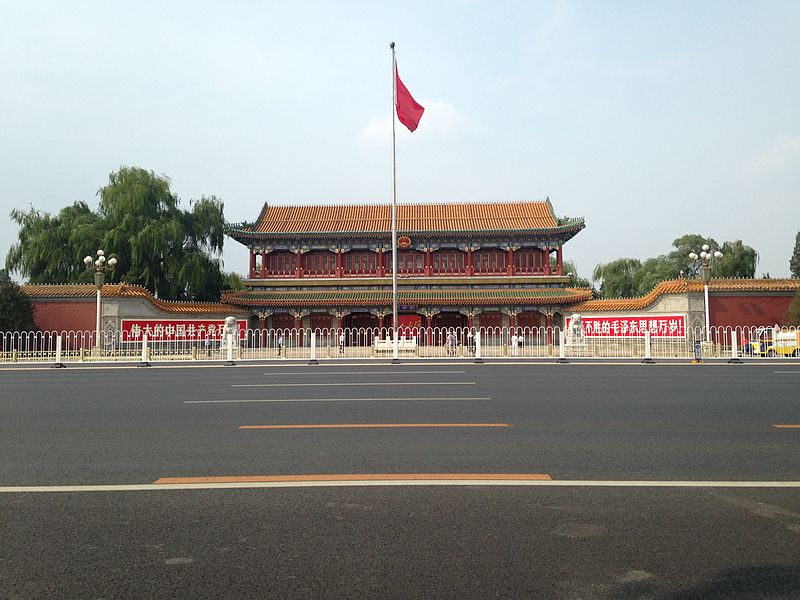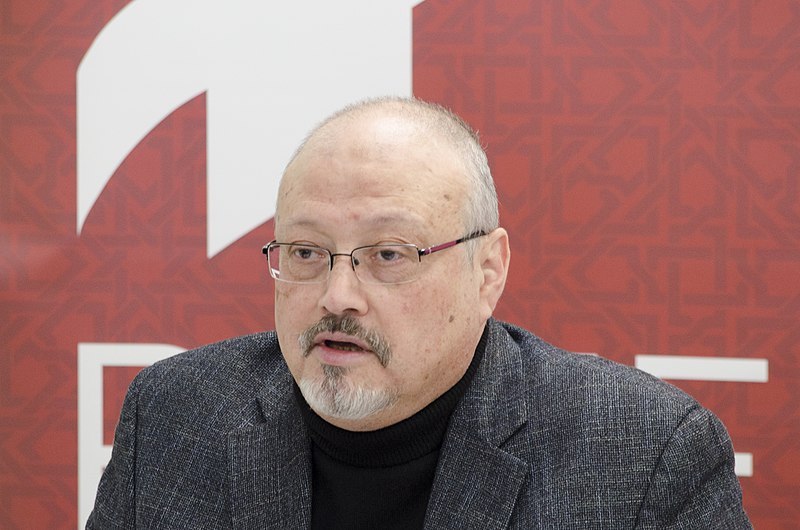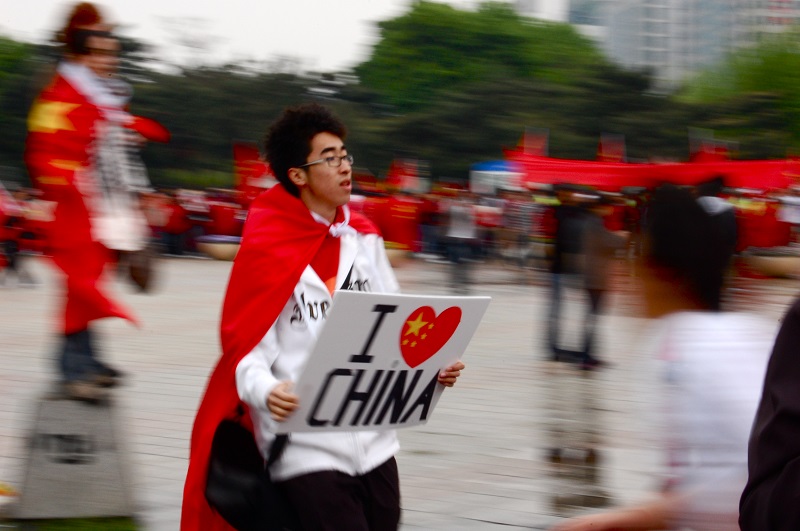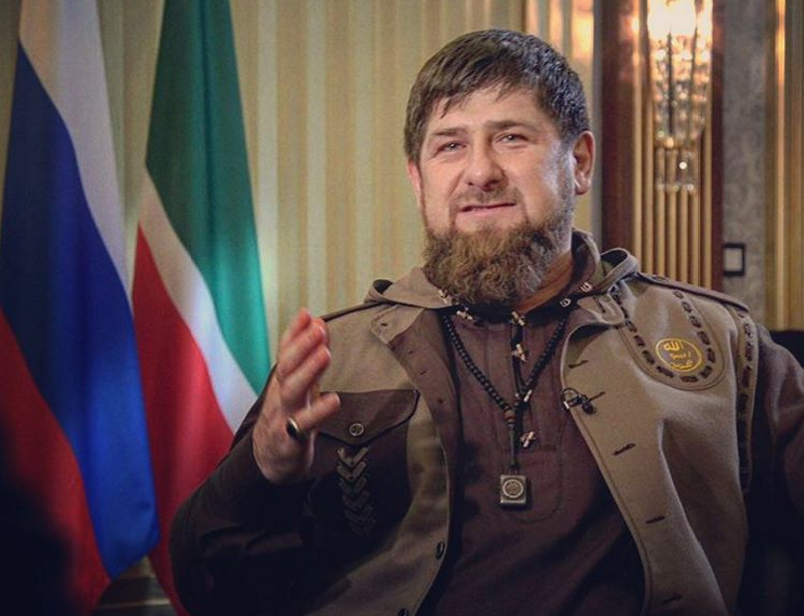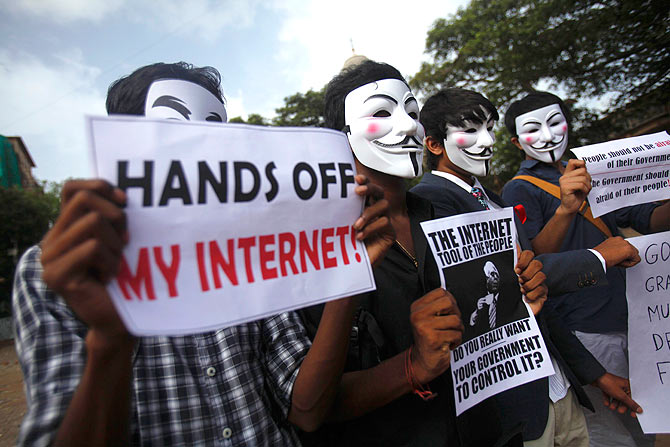The NATO Association of Canada’s editors share their thoughts on Australia’s new media code, and its dispute with Facebook and Google.
Tag: Censorship
Was Twitter Right to Ban Donald Trump?
In this feature of the Editor’s Forum, the program editors at the NATO Association weigh in on whether banning Donald Trump from Twitter was the right decision.
‘The Kids Are Alright’: How Young Journalists Find Ways to Report on Social Issues in Russia
In this article, Maria Zelenova examines how Russian independent journalists have been able to adapt under harsh censorship laws, creating a new ecosystem for reporting on important stories.
The Third Realm: Closed-Circuit Information Censorship in China
Julian Snelling assesses the increasing presence of the Party in China’s “third realm,” aiming to comprehend the extent to which information dissemination constitutes not just top-down control but individual self-censorship.
A Tale of Two Salmans
Thirty years after the “Satanic Verses” controversy, the transnational threat to freedom of speech and the press is more acute than ever. The recent murder of Saudi journalist Jamal Khashoggi – likely orchestrated by Saudi Arabia – is a case in point. So far, the pressure has been on Washington to punish Saudi Arabia, but Justin Dell argues that this issue is too combustable to be left to bilateral relations. What is needed is a broader multilateral approach, first to holding Saudi Arabia responsible for Khashoggi’s murder, and then to uphold the universal values of freedom of speech and expression. Only then can some kind of justice be obtained without risking the further destabilization of the Middle East.
Interview with Gabriel Zoltan-Johan: Red Guards in Chinese Cyberspace
What does the rise of Chinese cybernationalism mean for nation-state and the Internet? Benson Cheung interviews Gabriel Zoltan-Johan about his research on this emerging phenomenon.
The Instagram dictator: ‘I declare war!’ Is Russia launching the war of hybrid terrorism against NATO?
We are used to having freedom to say what we want. But what if we didn’t? And what if a foreign state was telling us so? In a world beset by ISIS we are used to terrorist attacks by non-state actors. But what if a state with veto power at the UN Security Council was Read More…
How the Internet was Won, and then lost again under TPP
As part of the NATO Association of Canada’s series of articles about the Trans-Pacific Partnership, Ian Goertz explores how the landmark deal will affect Internet rights, including copyright, privacy and security.




